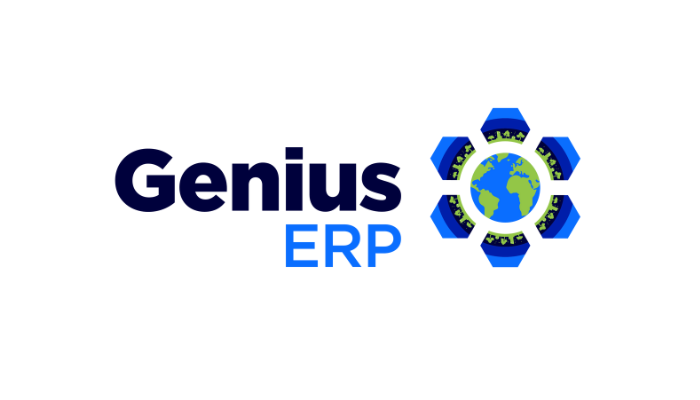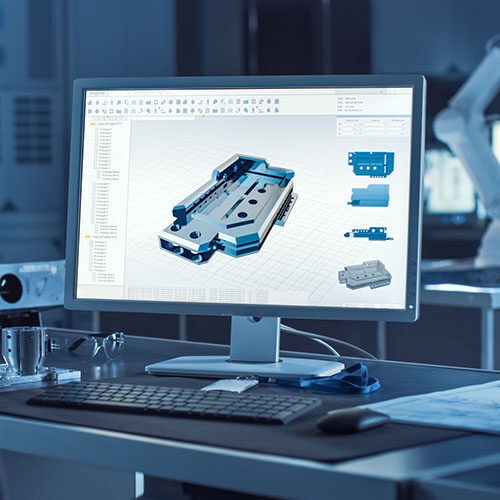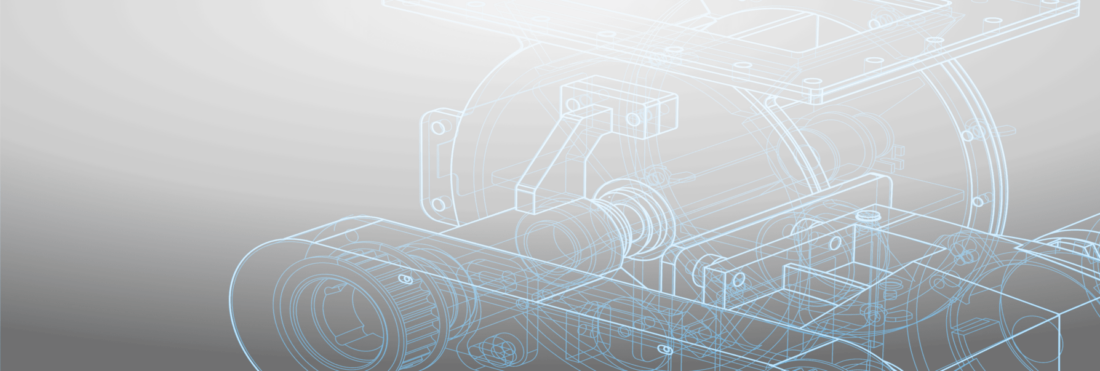ERP software systems have deep roots in the manufacturing industry, but many manufacturers still have trouble understanding exactly what an ERP is and does.
If that’s you, don’t worry—the ERP world can be a little confusing! It seems as if almost every provider of an ERP system has their own definition of exactly what an ERP is, and if you talk to other manufacturers that have one in place, you can get varying answers as to what their system does for them.
Confused? These differences actually emphasize one of the key features that makes ERP systems such powerful business tools—their flexibility. An ERP software system can increase your throughput and help grow your business by being precisely tailored to your business’s needs. And just like your business is different from your competitors, your ERP solution should fit your business and be responsive to your unique needs.
Read on to learn more about ERPs, their history, and how they have evolved over the years to become such a useful business tool.
ERPs connect every aspect of your business
Let’s start at the beginning. The term ERP is an acronym for Enterprise Resource Planning, but even the full name doesn’t really tell you what an ERP is and what ERP software does.
To truly unpack what Enterprise Resource Planning means, take a minute and think about all of the departments and processes involved in running your business—inventory management, purchasing, accounting, engineering, sales, production, and your shop floor, to name a few.
At its most basic level, an ERP connects and integrates all these different aspects of your business and lets you streamline your processes and share accurate information across your company. The central feature of all ERP systems is a shared database that supports multiple functions and that can be used by all of your different departments.
In real-world terms, this means that employees from two different departments, for example, purchasing and engineering, can both work off of the same set of accurate data and pull the relevant information from the system that they need to do their jobs more efficiently and effectively. ERPs let you eliminate entering the same data multiple times into multiple systems or spreadsheets, provide you with a single source of truth for your organization, and allow information to flow more freely between departments.
In a nutshell, an ERP allows you to better plan your enterprise’s resources. (See what we did there?) Because all your various business functions are integrated within an ERP, you can better manage your business as a whole, collaborate more easily between departments, and get orders out the door and into your customer’s hands faster.





